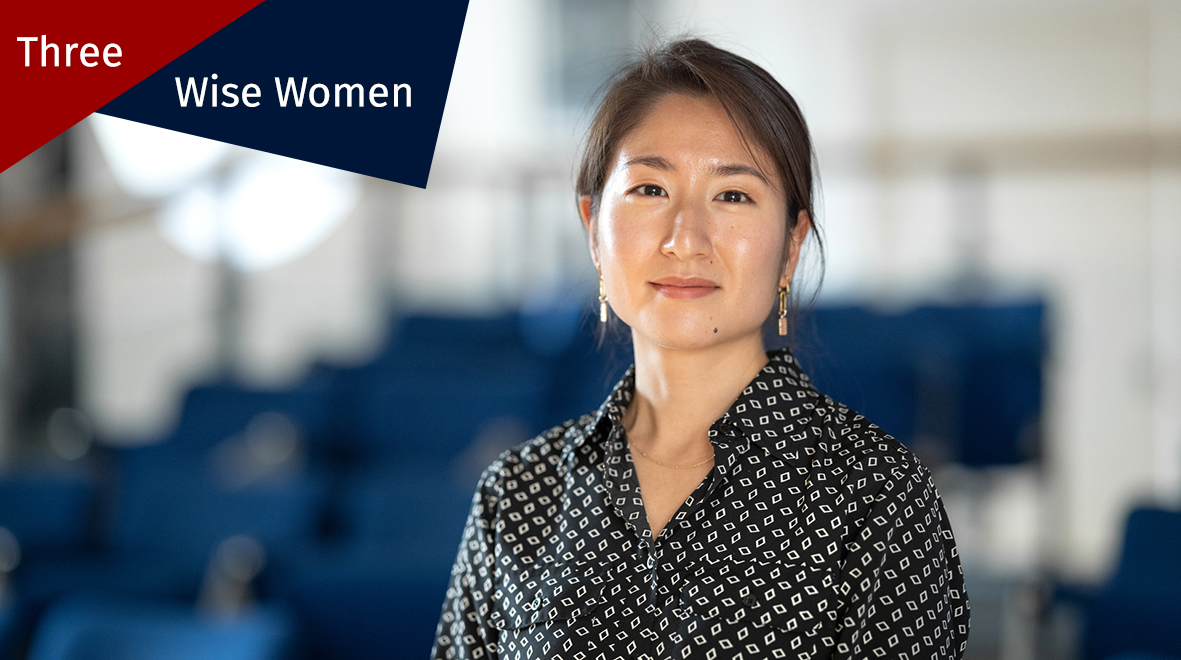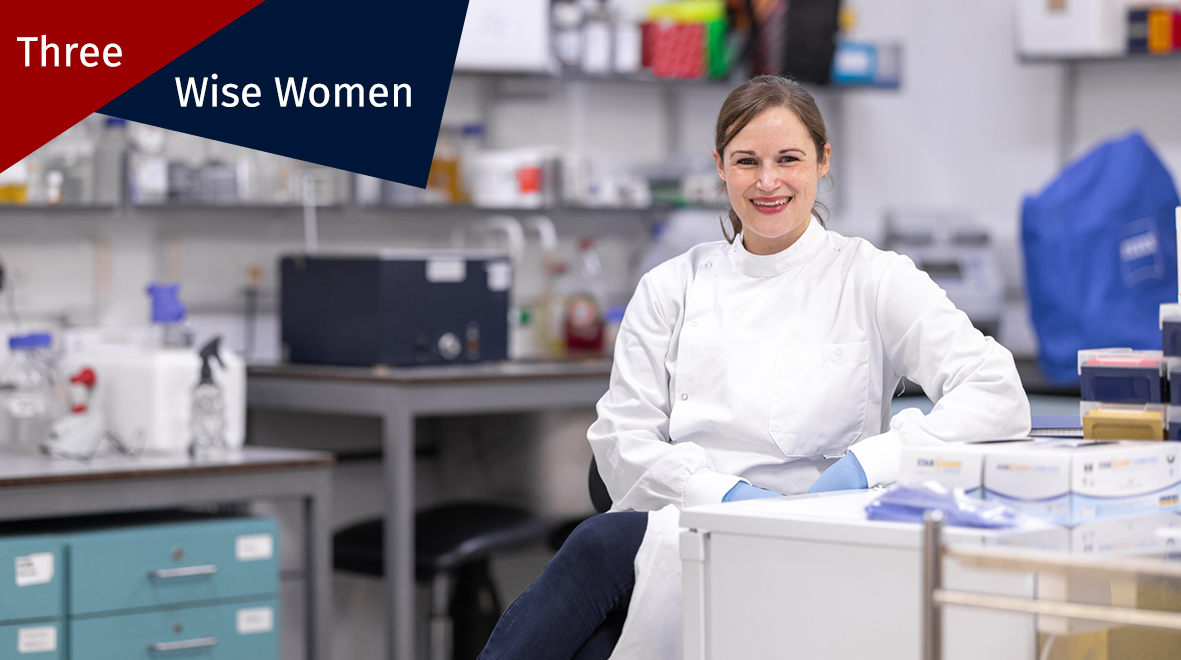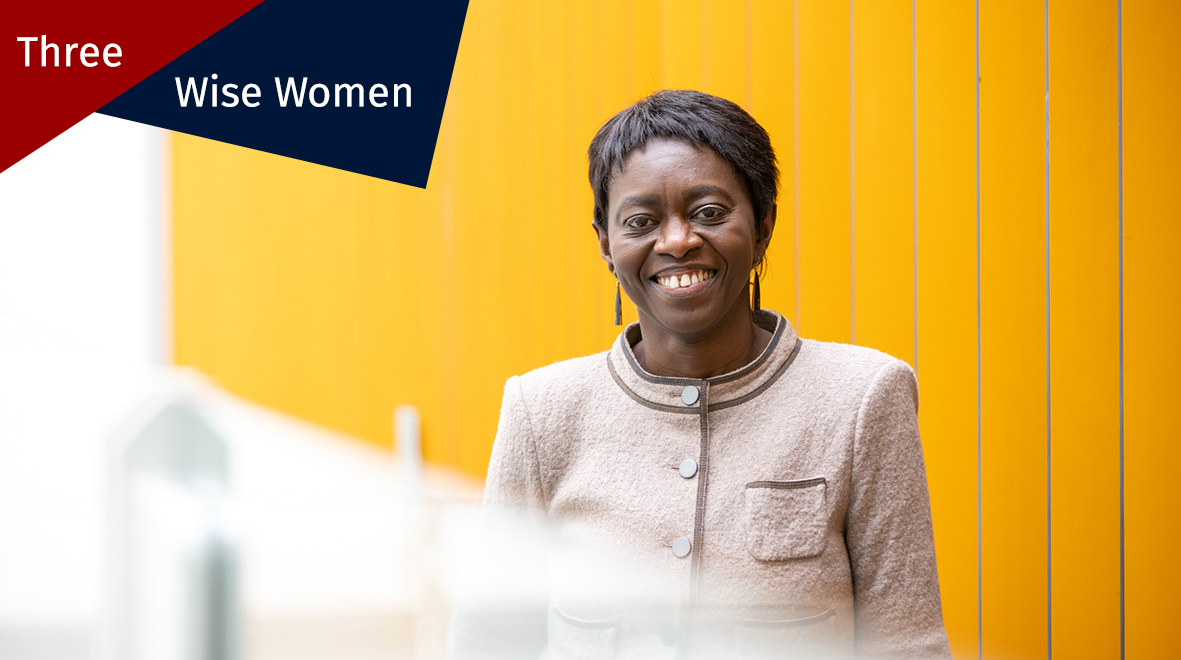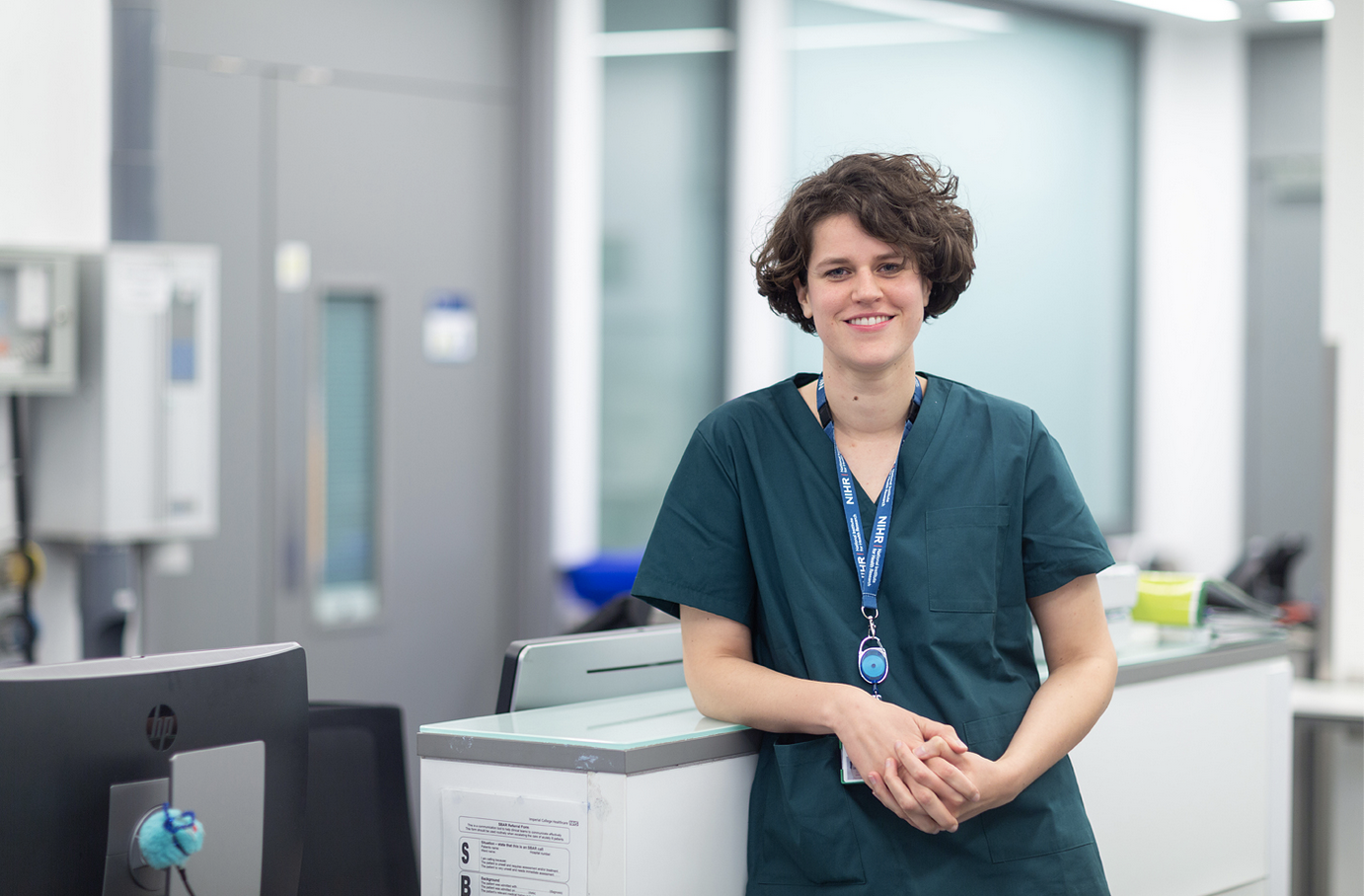
Why is ‘doubt’ an important resource in science? How can we support the kind of science that takes intellectual risks – and takes time? Nana-Marie Lemm, Clinical Research Fellow at the Department of Infectious Disease, gives her reflections on the recent Day of Doubt conference, organised by the Good Science Project.
What are the motivations for becoming a scientist? It might be the search for truth or to understand how things work, or to work towards a greater good. But how does that idea compare to the reality of the day-to day work of science, and the culture of doing science?
The Day of Doubt was the first conference of its kind at Imperial College London. Organised by The Good Science Project, the conference aimed to reflect on research culture at the university level and beyond. It provided a space for discussion, reflection, and the opportunity to ask fundamental questions.
So, what is ‘doubt’ and why might it be important in science? The team behind the Good Science Project have helpfully created a thesaurus of doubt and a memo document on the day. In the latter, Dr Anthea Lacchia writes:
“If we take doubt to be the opposite of complacency, it is associated with pause, with thoughtful hesitation. Yet, this act of questioning, of taking necessary time before making a decision, seems at odds with the push for success, publications, and the need for high impact results. In truth, science is full of conflicts, some internal, some relating to wider culture.”
On the day, there was the opportunity to take time to engage in the act of questioning. Reflective sessions ranged from questioning concepts such as, ‘public engagement,’ ‘interdisciplinarity,’ ‘excellence,’ ‘expertise,’ to delving into philosophical discussions surrounding the nature of scientific truth.
A key question to speakers in the first session of the conference that resonated with me was, “How do you talk about doubt when you don’t come from a position of seniority and confidence?”
(more…)
Read Embracing doubt in science in full


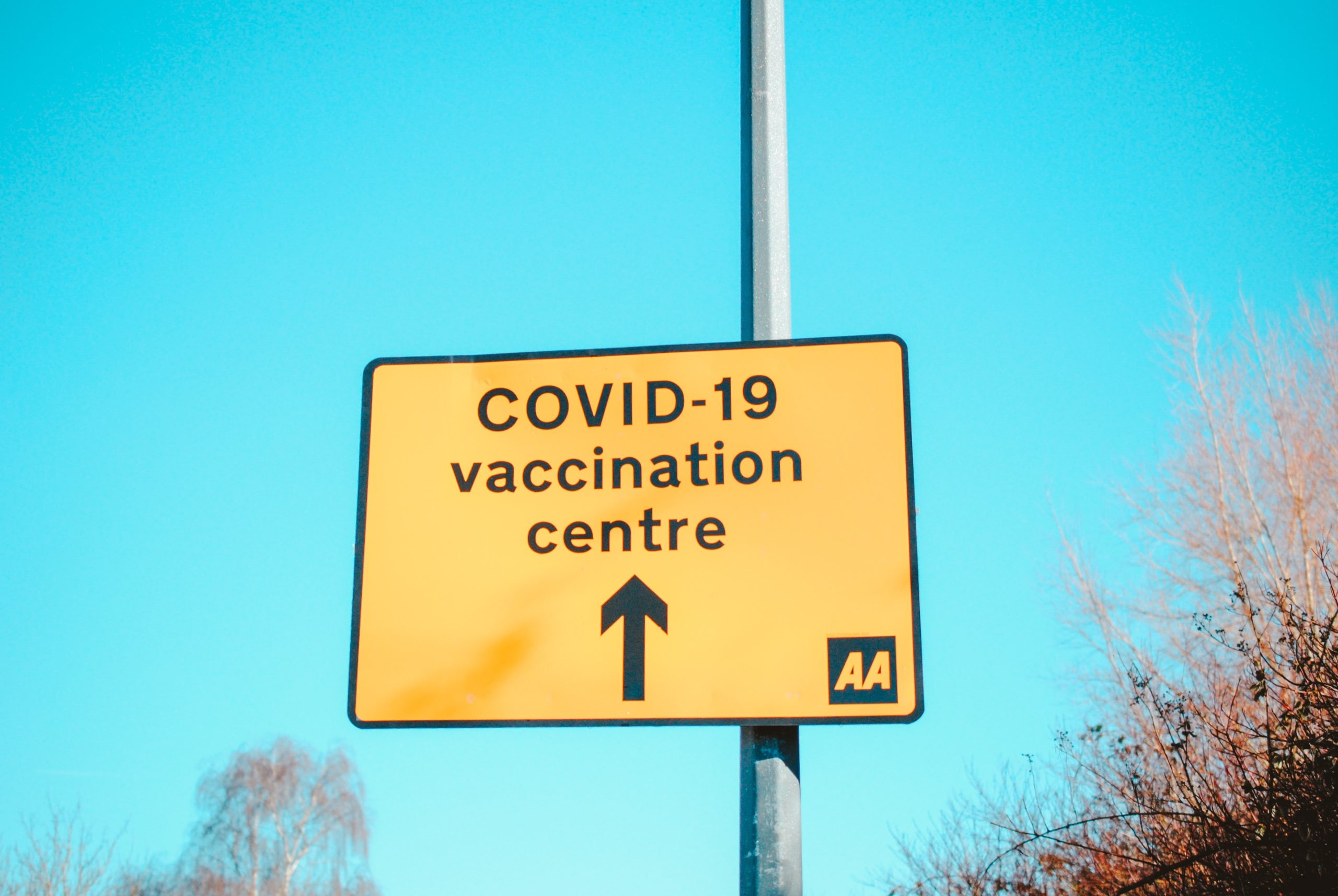
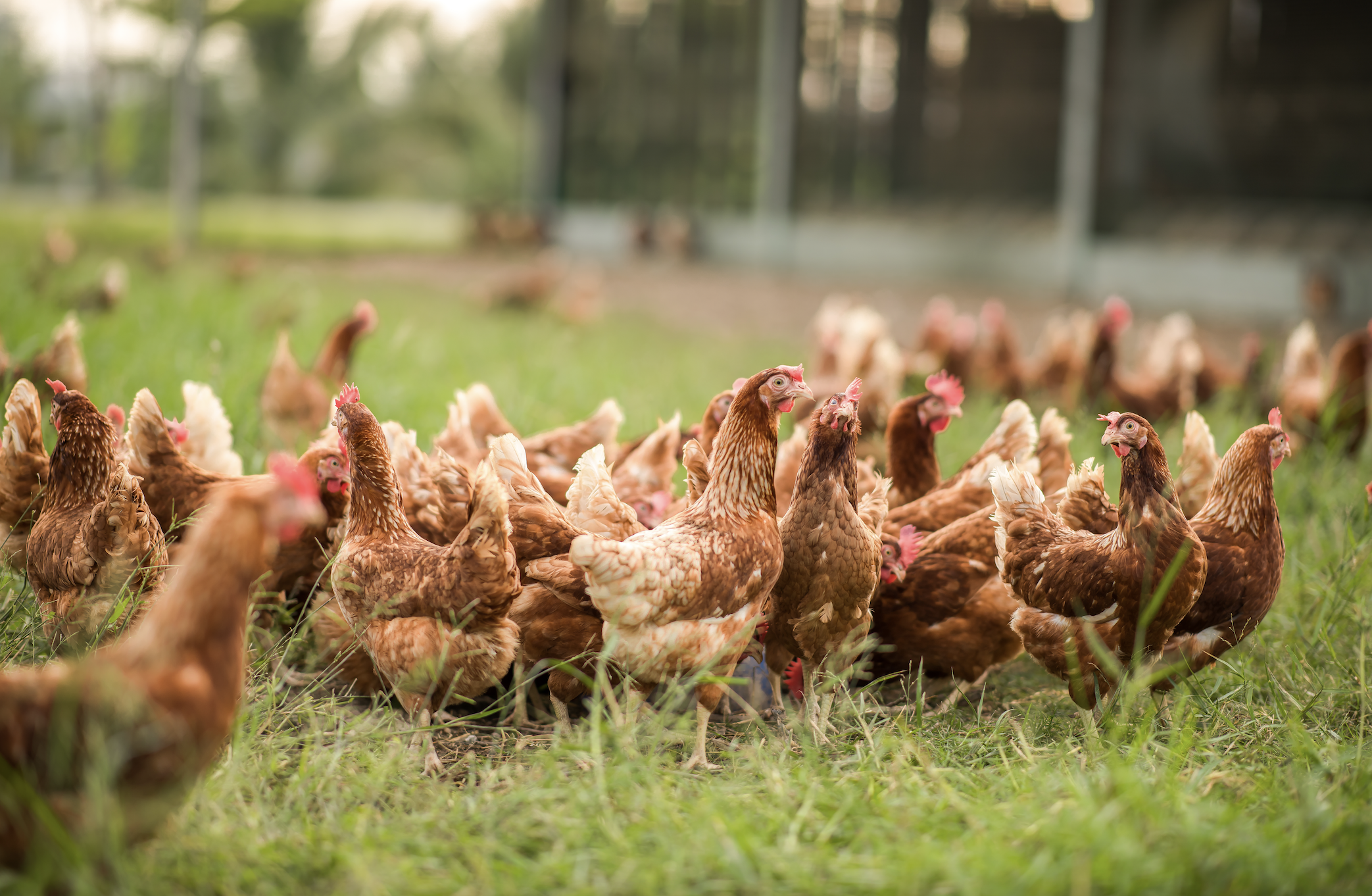
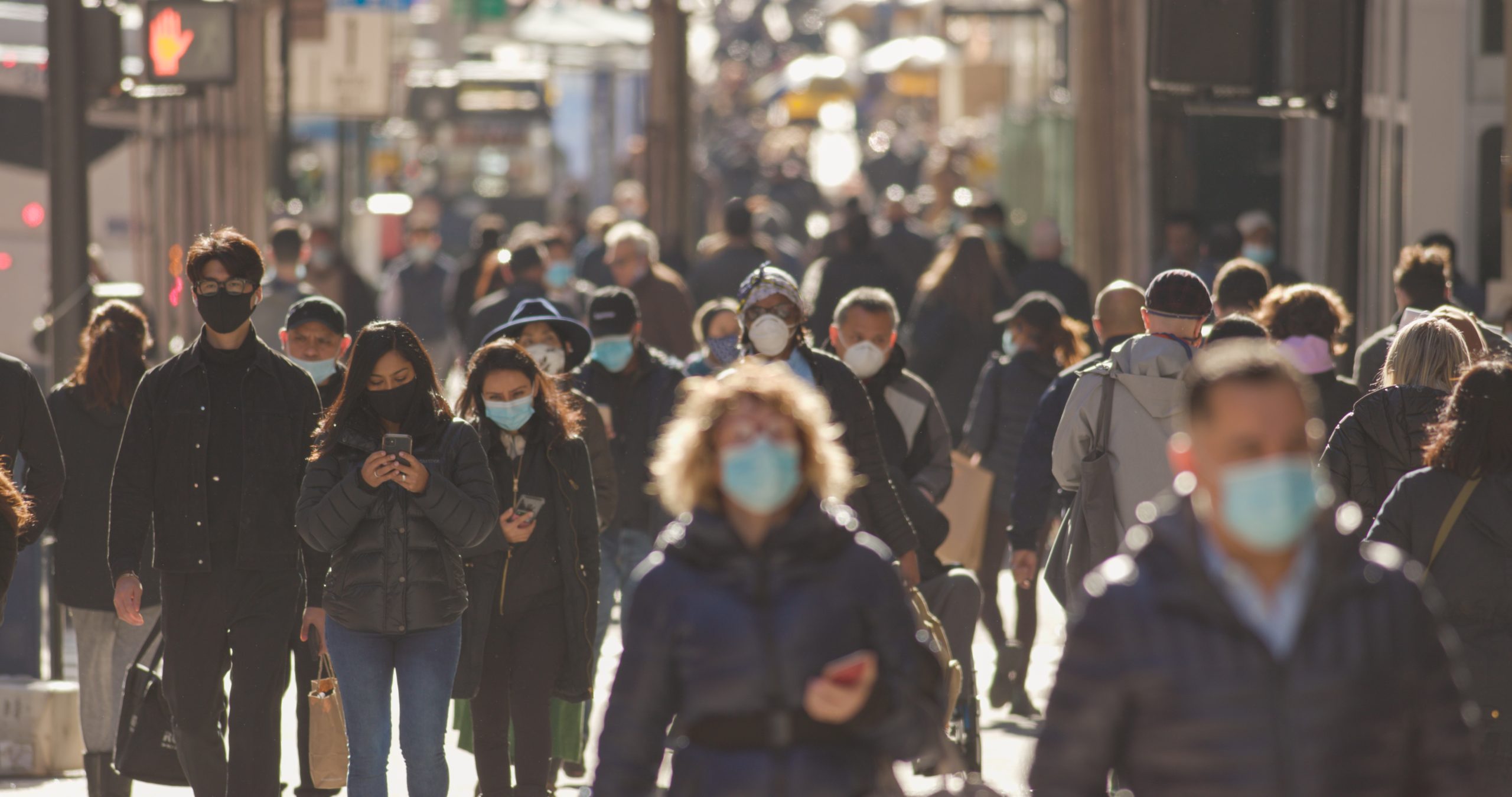
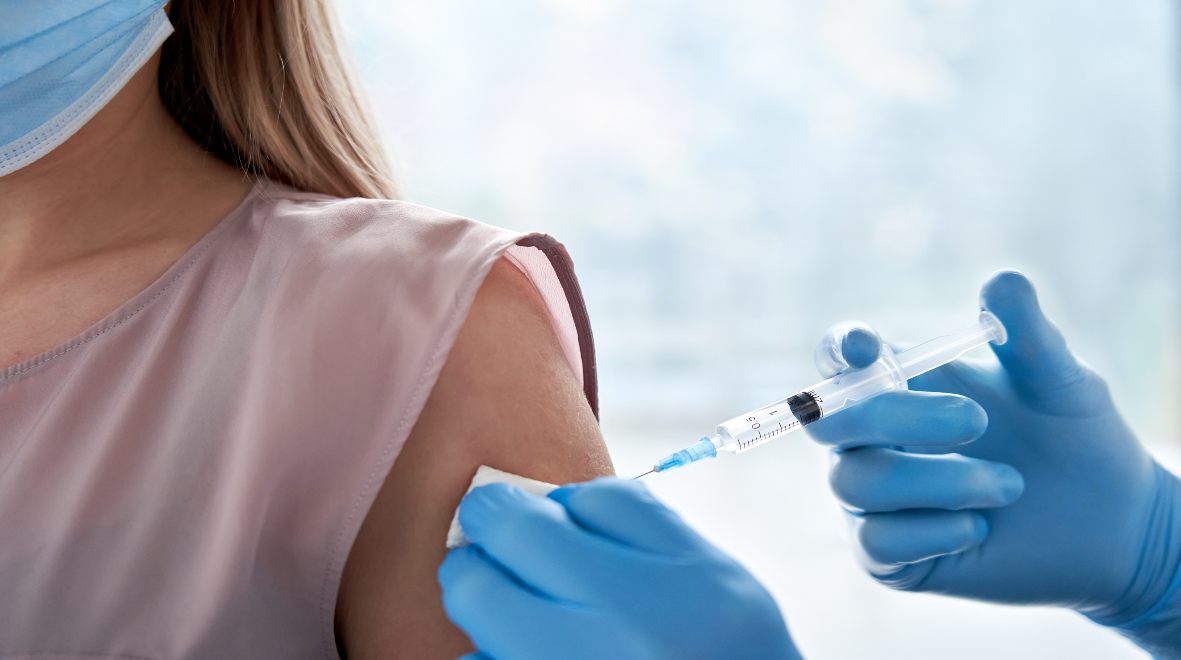
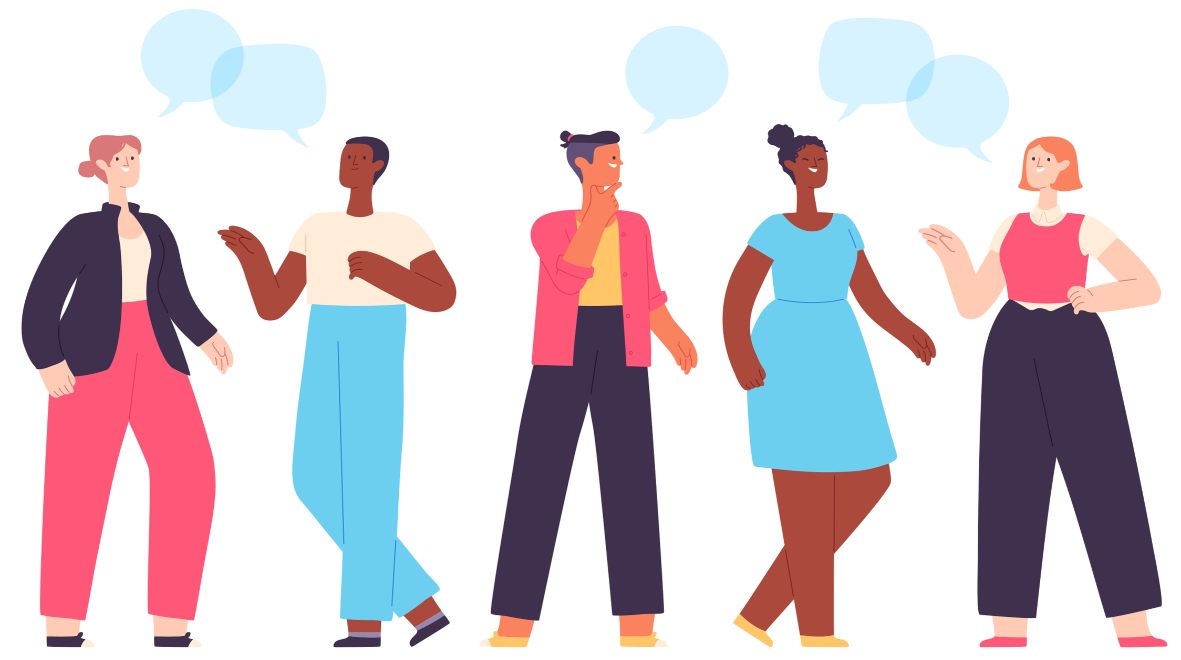 How do you engage members of the public with medical research? Dr Emma Smith, HIC-Vac Network Manager, outlines how consulting the public was crucial during the world’s first COVID-19 human challenge study.
How do you engage members of the public with medical research? Dr Emma Smith, HIC-Vac Network Manager, outlines how consulting the public was crucial during the world’s first COVID-19 human challenge study.